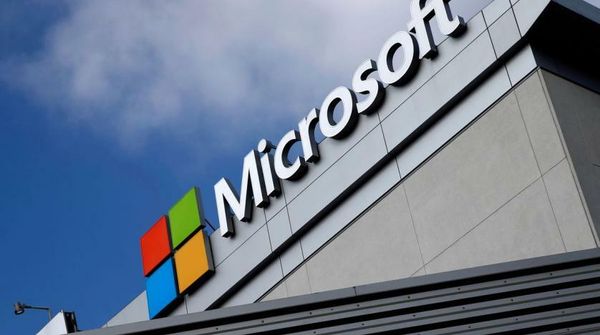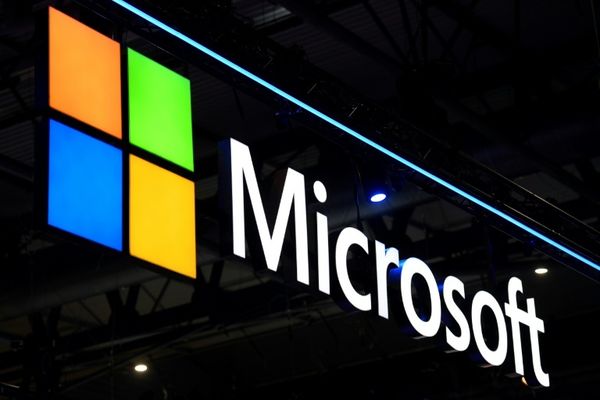
In its first-quarter results Monday morning, Activision said the deal is still on track to close in Microsoft’s next fiscal year, which begins in July. That long window for a transaction announced in January reflects the high level of scrutiny the deal is expected to receive among lawmakers, who have started eyeing big tech’s moves closely. Indeed, last month saw four U.S. senators express concerns about the transaction to the Federal Trade Commission, saying the deal could exacerbate Activision’s now-well-documented internal culture troubles. “We are deeply concerned about consolidation in the tech industry and its impact on workers," the letter read.
The strong relationships Microsoft has cultivated in Washington over many years—stemming from its own days under the antitrust microscope—still give the company an important edge in ultimately getting the deal closed. But the value of Activision’s business by that point is shaping up to be an important question. The company’s first-quarter results posted Monday morning showed another sharp decline for its “Call of Duty" franchise. Net revenue for the Activision publishing division that includes the franchise slid 49% year over year to $453 million. That was also 33% below the $681 million in revenue analysts had been expecting for the segment.
The company also reported about 100 million monthly active users for the Activision segment—a drop of seven million from the prior quarter and the lowest usage metrics for the unit in more than two years. Activision blamed the shortfall on both lower sales of the premium “Call of Duty: Vanguard" sequel that was released in November and lower engagement on its free-to-play offering called “Call of Duty: Warzone."
Many factors could be at play. The latest sequel has earned some of the lowest critic scores of the franchise. The first quarter also included the release of “Elden Ring," a role-playing game from Japan’s Bandai Namco Entertainment that has turned out to be a major hit. “Vanguard" was also the 18th full sequel to the franchise in as many years; analyst Corey Barrett of M Science says “franchise fatigue" has likely been among the biggest factors in Call of Duty’s recent weakness.
Activision has other big games; analysts noted Monday that the pipeline for the company’s Blizzard unit for next year looks strong. But Microsoft still needs “Call of Duty" to get back on track. A major justification for the $75 billion acquisition is the ability to add blockbuster franchises like “Call of Duty" to subscription-based services like Xbox Game Pass and Xbox cloud gaming. Activision’s current management said Monday in the company’s earnings release that the next game in the series will be a sequel to 2019’s “Modern Warfare"—the bestselling title in the franchise to date. Microsoft meanwhile will be hoping Call of Duty’s wounds aren’t fatal.
This story has been published from a wire agency feed without modifications to the text










